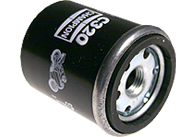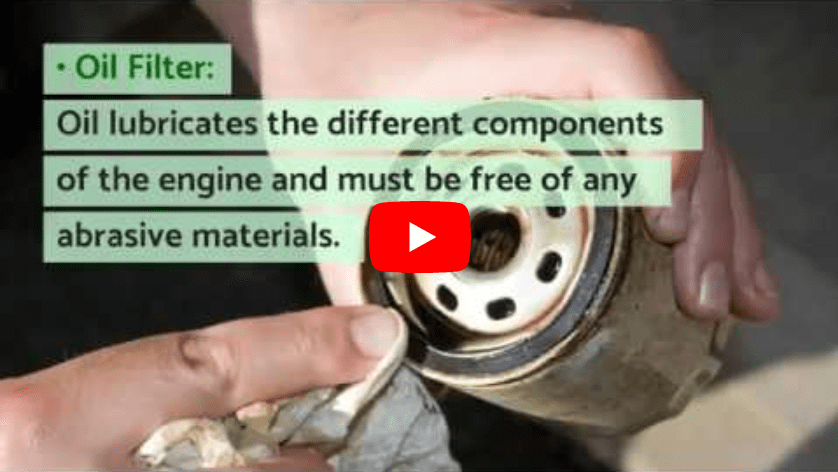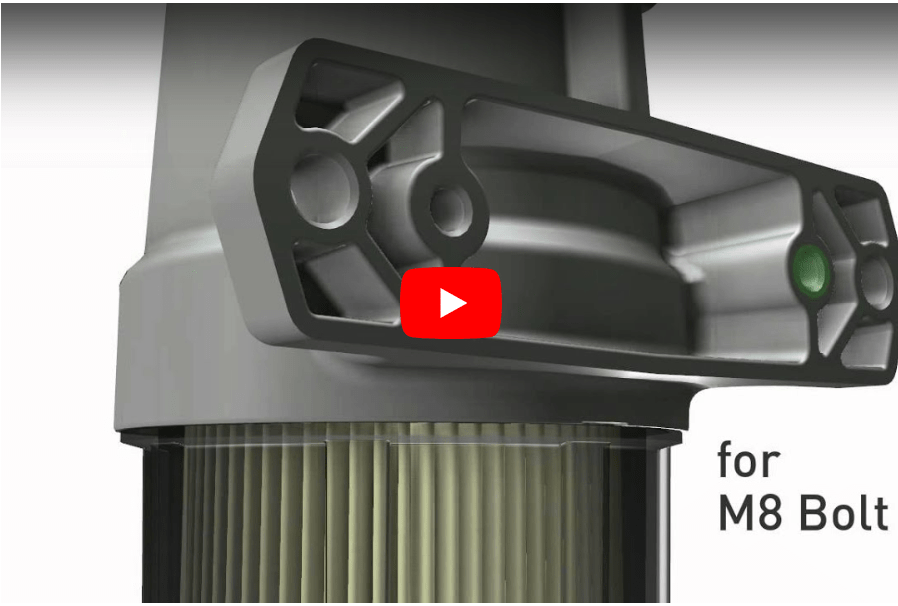Diesel filtration systems play a critical role in ensuring that diesel engines are functioning correctly. Many engine components will get corroded or damaged if there is poor filtration of fuel particulates. Diesel is a highly viscous material that can easily carry foreign substances to the engine and damage the injection pump. Therefore, it is vital that the fuel passes through appropriate filters.
Got questions? Contact Central Diesel to discuss any questions you might have. We will help you select the right filtration system for your diesel engine.








